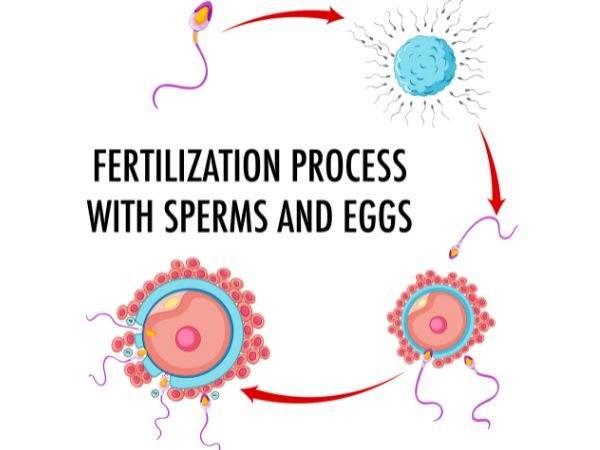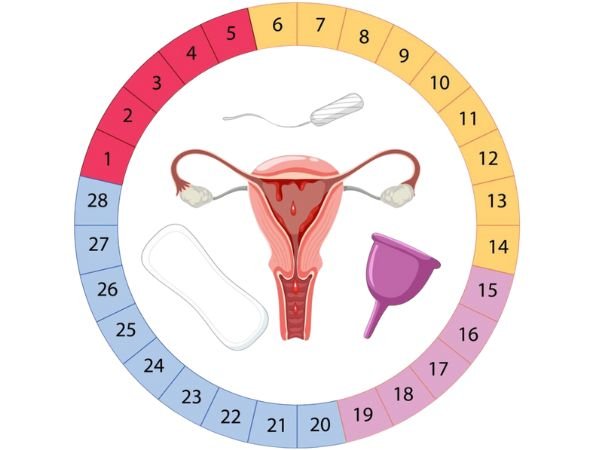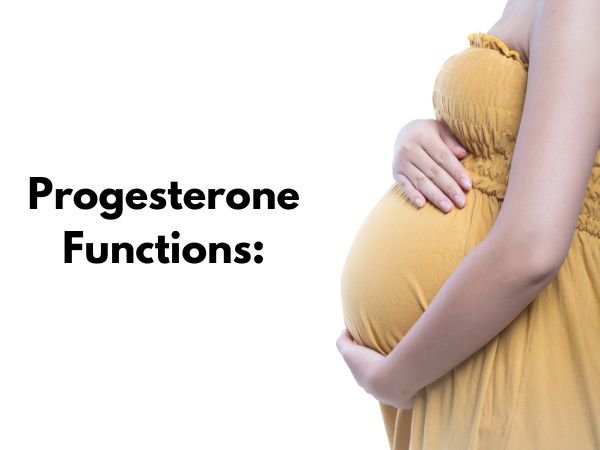Table of Contents
Introduction:
Sex hormones play a vital role in the human body, regulating various physiological processes and contributing to overall health and well-being. In this article, we will cover What Are Sex Hormones and Why Are They Named So? and the significance of sex hormones, the different types of sex hormones in humans, and their functions. We will also explore the glands responsible for producing these hormones, common hormonal disorders, and some additional interesting facts about sex hormones.

Significance of Sex Hormones in the Human Body:
- Sex hormones are responsible for the
- development and maintenance of sexual characteristics,
- reproductive functions,
- regulation of various bodily processes.
They are crucial for the growth and development of secondary sexual characteristics during puberty, such as
- the deepening of the voice in males and
- the development of breasts in females. Additionally
- the regulation of the menstrual cycle,
- bone density, metabolism, mood, and cognitive functions.
Types of Sex Hormones in Humans:
- Testosterone: the key male sex hormone, is produced in the testes (males) and ovaries (females).
- Estrogen: the primary female sex hormone, is produced in the ovaries (females) and testes (males).
- Progesterone: crucial for female reproductive health, is produced in the ovaries.

Testosterone Functions:
Testosterone is the primary male sex hormone, although it is also present in females in smaller amounts. It plays a crucial role in
- the development of male reproductive organs
- sperm production
- muscle mass
- bone density and the regulation of sex drive.

Estrogen Functions:
Estrogen is the primary female sex hormone. It is responsible for
- Development of female reproductive organs.
- Regulates the menstrual cycle.
- Development of secondary sexual characters like breast development.
- widening of the hips.
- Estrogen also plays a role in maintaining bone density and cardiovascular health.

Progesterone Functions:
Progesterone is primarily involved in the regulation of the menstrual cycle and pregnancy. It is responsible for
- It prepares the uterus for implantation of a fertilized egg.
- Prepares the uterus for pregnancy.
- maintains a healthy pregnancy.
- Progesterone also plays a role in breast development.
Hormone Producer Glands:
- Testosterone is primarily produced in the testes and ovaries.
- Estrogen and progesterone are mainly produced in the ovaries, with small amounts of estrogen from the adrenal glands.
Hormonal Disorders:
Imbalances in sex hormone levels can lead to various hormonal disorders. Some common disorders include:
- Polycystic Ovary Syndrome (PCOS): a condition characterized by hormonal imbalances in women, leading to irregular menstrual cycles, ovarian cysts, and potential fertility issues.
- Hypogonadism: a condition where the body does not produce enough sex hormones, leading to delayed or incomplete sexual development.
- Menopause: a natural process in women where estrogen and progesterone production decreases, resulting in the cessation of menstrual cycles and various symptoms.

Some More Related Facts about Sex Hormones:
- Sex hormone production begins during fetal development and continues throughout life.
- Sex hormones can influence mood and behavior, energy levels, and libido..
- Exercise can affect sex hormone levels, with regular physical activity promoting a healthy balance.
- Birth control pills contain synthetic versions of estrogen and progesterone to prevent pregnancy.
- Sex hormone levels can fluctuate during different stages of the menstrual cycle.
Frequently Asked Questions about Sex Hormones and Their Naming:
- What are sex hormones, and why are they named so?
Answer: Sex hormones are chemical messengers that play a vital role in the development and regulation of sexual characteristics and reproductive processes. They are named based on their association with male (androgens) and female (estrogens and progestogens) reproductive functions.
- How do sex hormones affect the human body?
Answer: Sex hormones influence various physiological processes, including the development of reproductive organs, secondary sexual characteristics, and the regulation of the menstrual cycle. They also impact mood, energy levels, and libido.
- What are the main types of sex hormones?
Answer: The main types of sex hormones are testosterone (male), estrogen (female), and progesterone (female). These hormones orchestrate the development and maintenance of reproductive organs and contribute to secondary sexual characteristics.
- Where are sex hormones produced in the body?
Answer: Testosterone is primarily produced in the testes (males) and ovaries (females). Estrogen and progesterone are mainly produced in the ovaries, with small amounts of estrogen coming from the adrenal glands.
- What functions does testosterone perform in the body?
Answer: Testosterone is responsible for the development of male reproductive organs, deepening of the voice, growth of facial and body hair, and the maintenance of muscle mass and bone density.
- How does estrogen contribute to female physiology?
Answer: Estrogen is crucial for the development of female reproductive organs, regulation of the menstrual cycle, and maintenance of bone density. It also influences secondary sexual characteristics like breast development.
- What role does progesterone play in the female body?
Answer: Progesterone prepares the uterus for pregnancy by regulating the menstrual cycle and supports early embryonic development. It is vital for maintaining a healthy pregnancy.
- Can hormonal imbalances lead to disorders?
Answer: Yes, imbalances in sex hormone levels can lead to hormonal disorders such as polycystic ovary syndrome (PCOS), hypogonadism, and hormonal cancers, impacting reproductive health and overall well-being.
- How do sex hormones change during puberty?
Answer: Hormonal changes during puberty contribute to the development of secondary sexual characteristics, such as the growth of body hair, changes in voice pitch, and the development of breasts.
- Do sex hormone levels change with age?
Answer: Yes, aging results in a natural decline in sex hormone levels, influencing the aging process and associated health changes. This decline is part of the normal aging process.
